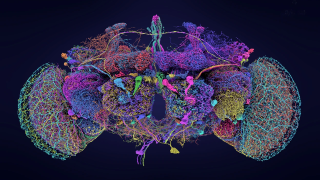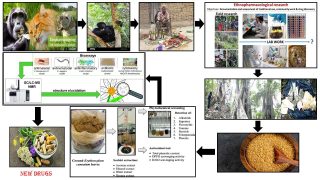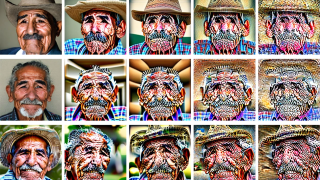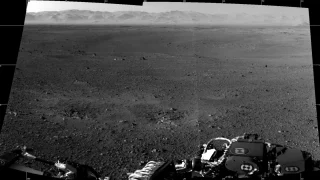
MI weekly selection #574
Storms’ mysterious gamma rays may trigger lightning Surging flashes of gamma rays emanating from tropical thunderstorms may initiate lightning strikes, a group of physicists writes in a pair of papers in Nature that describe a never-before-seen type of gamma radiation as well as two rarely observed kinds. They write about data, collected from instruments on […]








